- Fierce fighting breaks out near junta’s No. 344 Artillery Regiment in Yekyi Twsp
- Indigenous communities in Chittagong Hill Tracts struggle amid ARSA threats
- Weekly Highlights from Arakan (Feb 16 to 22, 2026)
- Hindus struggle with livelihood hardships amid job shortages in Arakan State
- Equipment from Chinese-owned VPower plant in Kyaukphyu to be fully relocated amid growing conflict
Sittwe residents run out of fuel for cooking
“Firewood and charcoal have run out in Sittwe. We now have to cut down trees on the compounds of our houses for firewood. We don’t know what will happen,” said a Sittwe resident.
02 May 2024

DMG Newsroom
2 May 2024, Sittwe
Power cuts are taking a toll on residents in the Arakan State capital Sittwe as residents struggle to cook amid serious shortages of fuel for cooking.
“Firewood and charcoal have run out in Sittwe. We now have to cut down trees on the compounds of our houses for firewood. We don’t know what will happen,” said a Sittwe resident.
Sittwe is supplied by a power station in Ponnagyun town. It has been two months since Sittwe lost access to electricity after the fighting broke out in Ponnagyun.
Junta blockades since the renewed fighting in November of last year have cut off the flow of goods into Sittwe, and town residents are struggling without the vital items they need.
“Some have pulled down houses for firewood. It is still OK as it is the hot season now. But, things will be difficult in the rainy season,” said another Sittwe resident.
Being a coastal town, Sittwe does not have substantial forest cover immediately surrounding it, and relies on other townships for firewood and charcoal.
A bundle of 100 sticks of firewood sold for 10,000 kyats, and a sack of charcoal sold for 12,000 kyats in Sittwe before the latest fighting. Prices have since jumped to 20,000 and 45,000 kyats respectively. But even then, it is difficult to buy, according to Sittwe residents.
Though there is still no fighting in Sittwe, the regime has beefed up security in the town. An estimated two-thirds of residents have already fled for fear of their safety, and those that remain do so for a variety of reasons including being unable to afford an evacuation and unwillingness to risk crossing increasingly strict scrutiny at junta checkpoints.




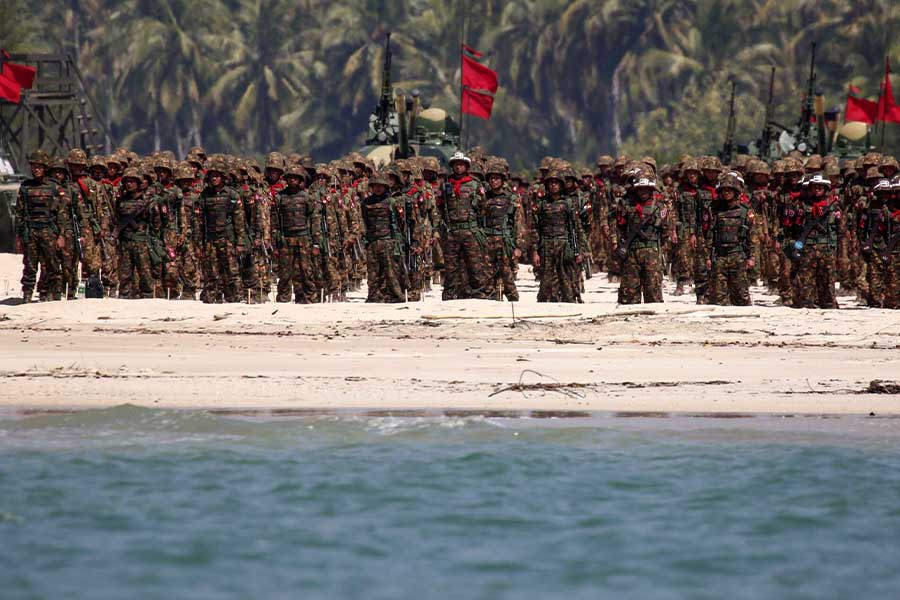
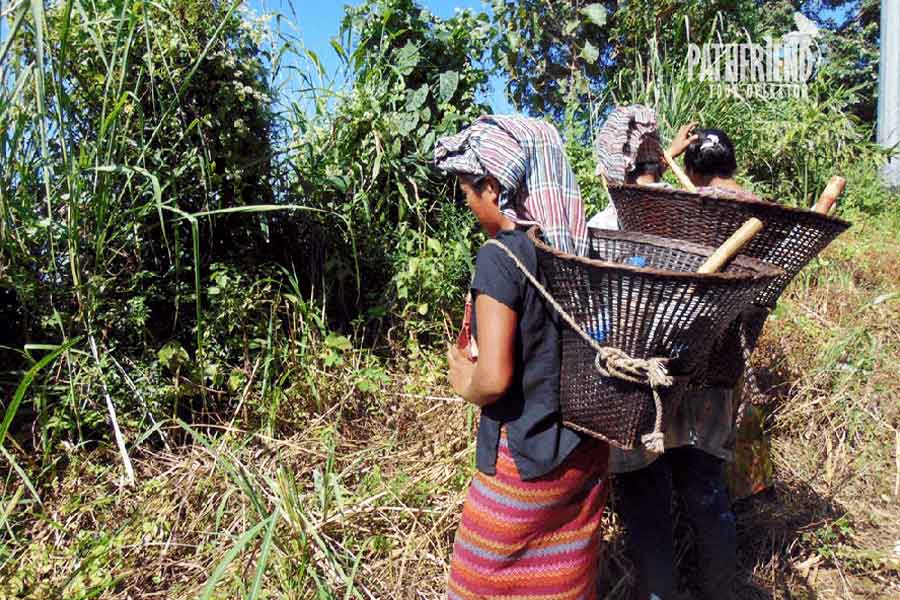
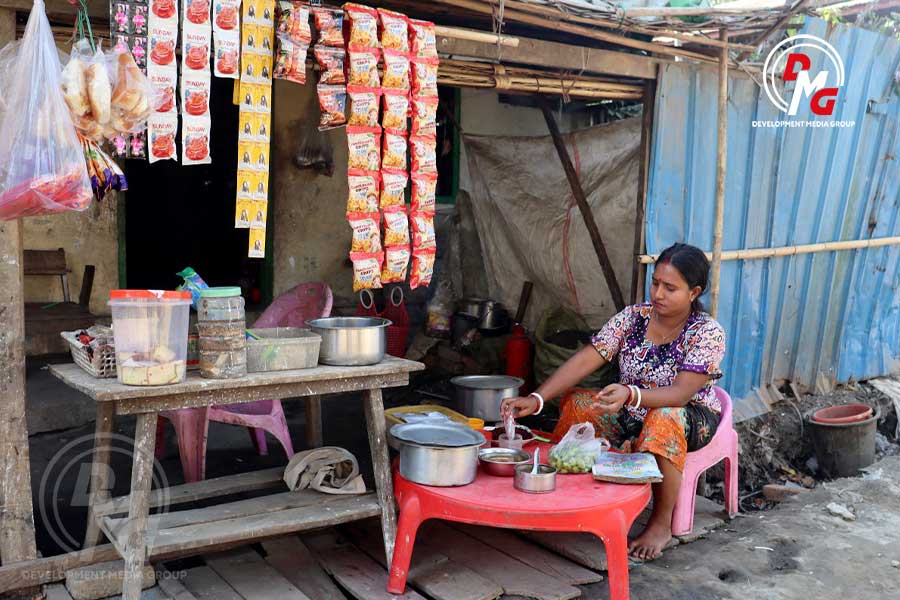
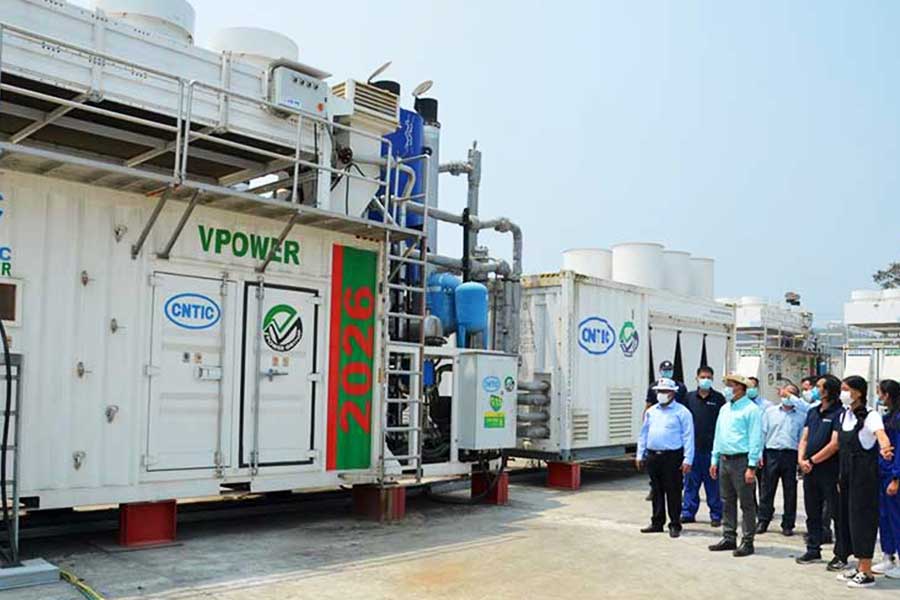
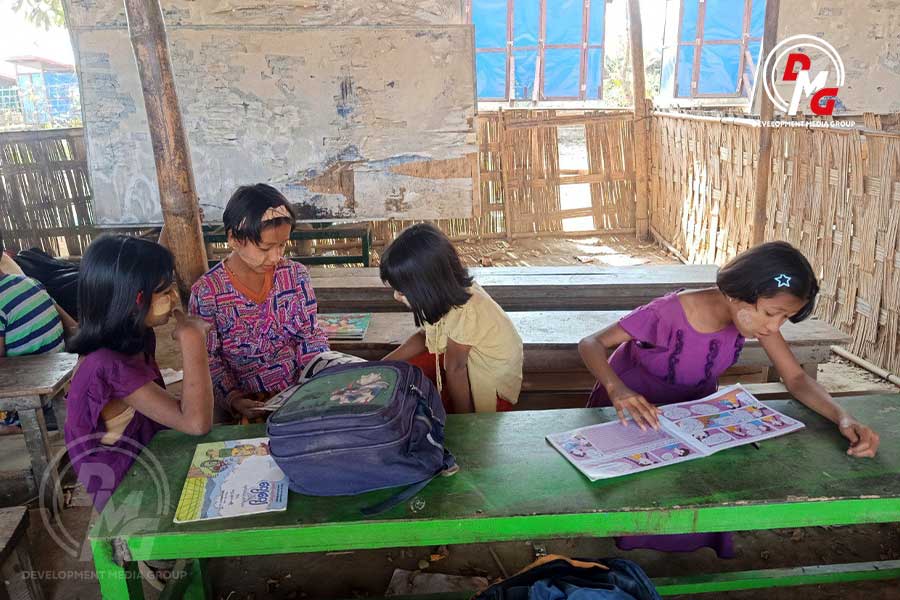








.jpg)